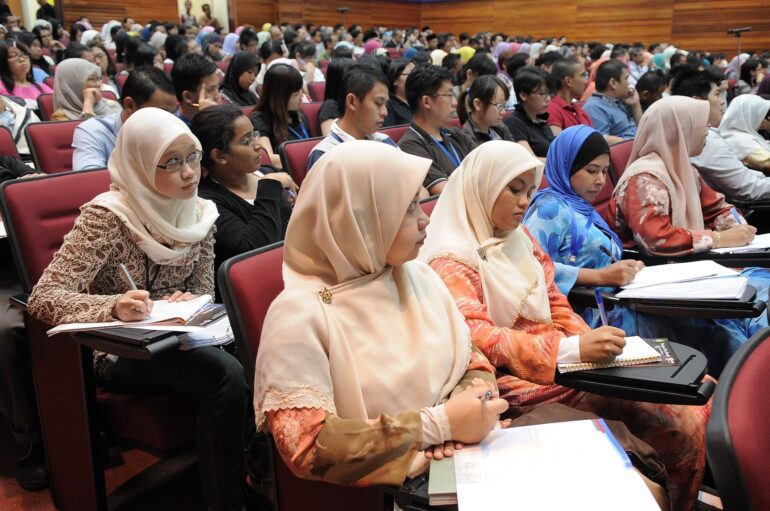TL;DR:
- Virtual forum organized by The Chronicle of Higher Education gathered four leading scholars to discuss AI in academia.
- Eric Chown, Sarah, and James Bowdoin, Professor of Digital and Computational Studies, were one of the panelists.
- The panel discussed concerns around generative AI and the call for a moratorium on its development.
- Chown opposed the moratorium as it is not feasible and makes AI appear more powerful than it is.
- Panel also addressed the challenges of training computer scientists to be aware of the ethical implications of their work.
- Chown emphasized the importance of teaching students to use AI tools responsibly, ethically, and effectively.
- Panel discussed the impact of AI on social media and loneliness, with Chown acknowledging that people will spend more time with chatbots, but online interactions cannot replace in-person interactions.
Main AI News:
The virtual forum organized by The Chronicle of Higher Education brought together four leading scholars from the world of higher education to address the current state and future of artificial intelligence in academia. One of the panelists was Eric Chown, the Sarah and James Bowdoin Professor of Digital and Computational Studies, who teaches courses in AI, cognitive architecture, and computer programming.
The discussion began with the topic of generative AI, which refers to the ability of technology to generate realistic images, audio, and text. Some technology industry leaders have called for a moratorium on the development of generative AI to allow the industry to establish ethical protocols. However, Chown expressed opposition to the moratorium, stating that it is not feasible and makes AI appear more powerful than it really is.
The panel also addressed the challenges of training computer scientists to be aware of the ethical implications of their work. Chown highlighted the importance of teaching students to use tools such as AI responsibly, ethically, and effectively. Bowdoin College, where Chown teaches, is involved in the Computing Ethics Narratives project aimed at integrating ethics into undergraduate computer science curricula at American colleges and universities.
Finally, the panel discussed the impact of AI on social media and its effect on loneliness and alienation, especially among young people. Chown acknowledged that people would likely spend more time with chatbots but warned that online interactions could not replace in-person interactions. He stated that AI chatbots, no matter how advanced, will always lack something and will not help loneliness in the long run.
Conlcusion:
The discussion on AI in higher education highlights the challenges and opportunities facing the industry in the development and implementation of artificial intelligence. While some experts have called for a moratorium on the development of generative AI, others believe this is not feasible and will only add to the hype surrounding AI’s capabilities. The need to train computer scientists in ethical considerations is also emphasized, as well as the importance of teaching students to use AI tools responsibly and effectively.
This discussion highlights the need for caution and careful consideration in the development and implementation of AI in the market. The potential impact of AI on social media and loneliness also highlights the need to address the potential consequences of relying on technology for social interaction.

